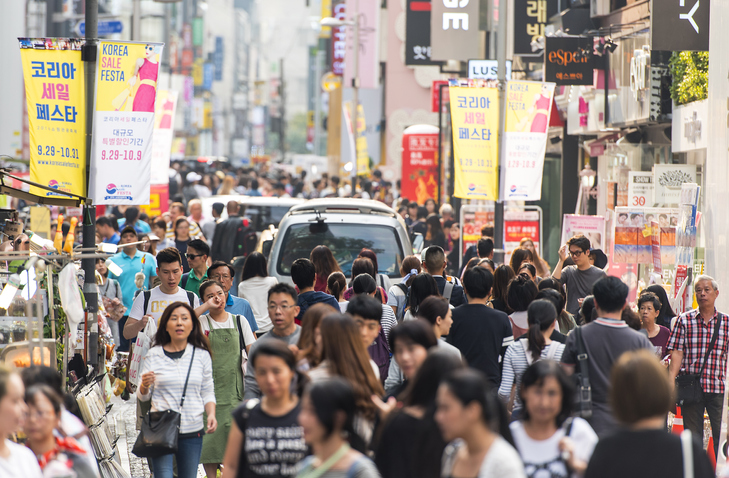Clock is ticking on Korea’s shorter working week

On January 1, 2020, small and medium sized companies in Korea will be forced to reduce the maximum weekly hours of their staff down to 52. These small and medium sized enterprises (50 to 299 workers) account for more than 80% of businesses in Korea.
The aim of reducing working hours is to improve the balance between work and life in Korea, a nation known for working incredibly long hours. Until 2017, the average Korean worker worked more than 2,000 hours annually, the second longest among the 34 member states of the OECD.
However, the danger is that these firms won’t be ready for the new laws, and productivity will drop significantly. Smaller companies predict problems hiring additional workers and meeting demands from existing employees for making up for a decrease in earnings due to reduced working hours.
It has been predicted that the shorter workweek would result in the closure of about 45,000 companies, the loss of around 250,000 jobs.
Alternatives put forward include delaying the new measures for at least a year or introducing a flexible working week, which allows employees to work longer when busy and later go on deferred leave.



